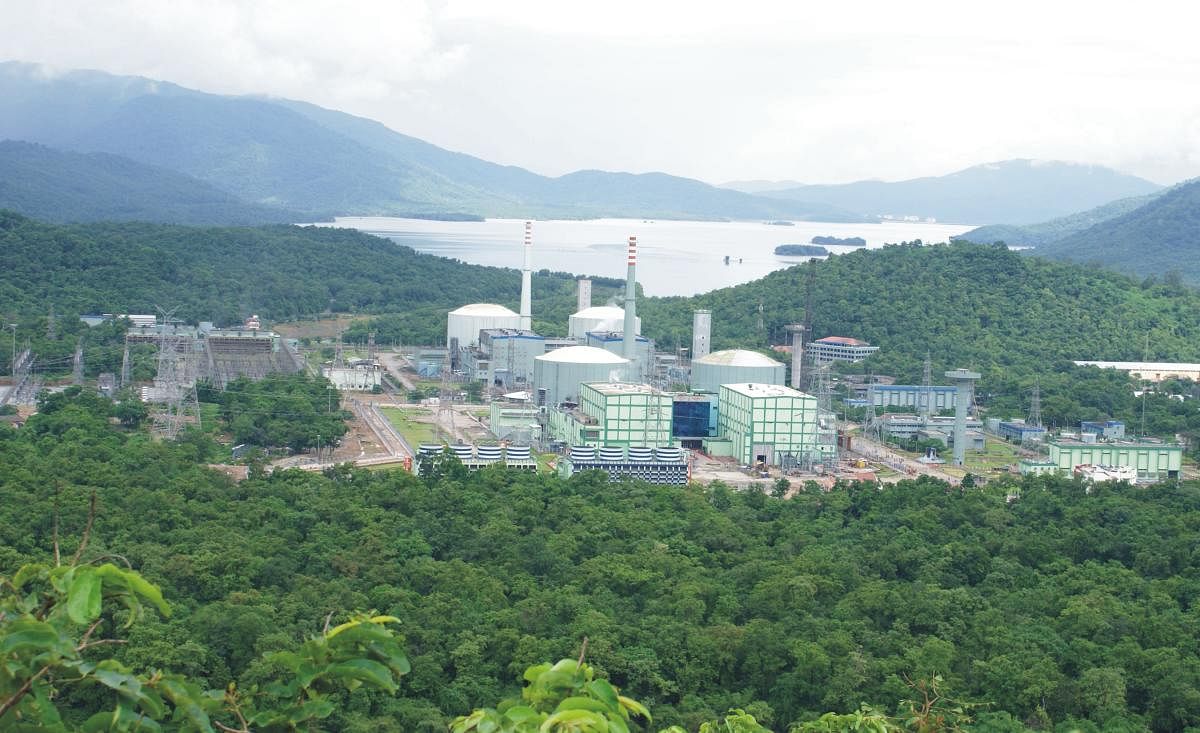
The first unit of Kaiga Generating Station (KGS) has completed 962 days of continuous operation till 31 December 2018, registered a world record among the nuclear power stations of the world.
The unit with a capacity of 220 MW had surpassed the earlier world record of 940 days continuous operation held by Heysham-2 Unit-8 of the United Kingdom on 10 December 2018.
Now, the unit has completed 962 days of continuous operation till 31 December 2018, registering higher than highest continuous operation record world over.
During its continuous run of 962 days, the unit generated about 5 billion Units of electricity at a Plant Load Factor of about 99.3%.
The unit was shut down at 2300 hrs on Monday to take up inspections and maintenance activities, officials of the Nuclear Power Corporation of India Ltd.
It will be restarted after carrying out various maintenance activities, inspections and regulatory clearances. Kaiga in Uttara Kannada district of Karnataka comprises four indigenously developed Pressurized Heavy Water Reactors of 220 MW (KGS 1 to 4 – 4X220 MW), fuelled by domestic fuel. KGS-2,3& 4 are presently operating, with KGS-2 now operating continuously for 661 days.
Indian nuclear power reactors have achieved continuous operation of over 365 days 28 times till date. Three reactors – KGS-1 (962 days), RAPS-3 (777 days) and RAPS-5 (765 days) – have operated continuously for more than two years.
The record unbroken run of 962 days further demonstrates the pre-eminence of NPCIL in the design, construction and operation of PHWRs with unprecedented levels of efficiency and safety.